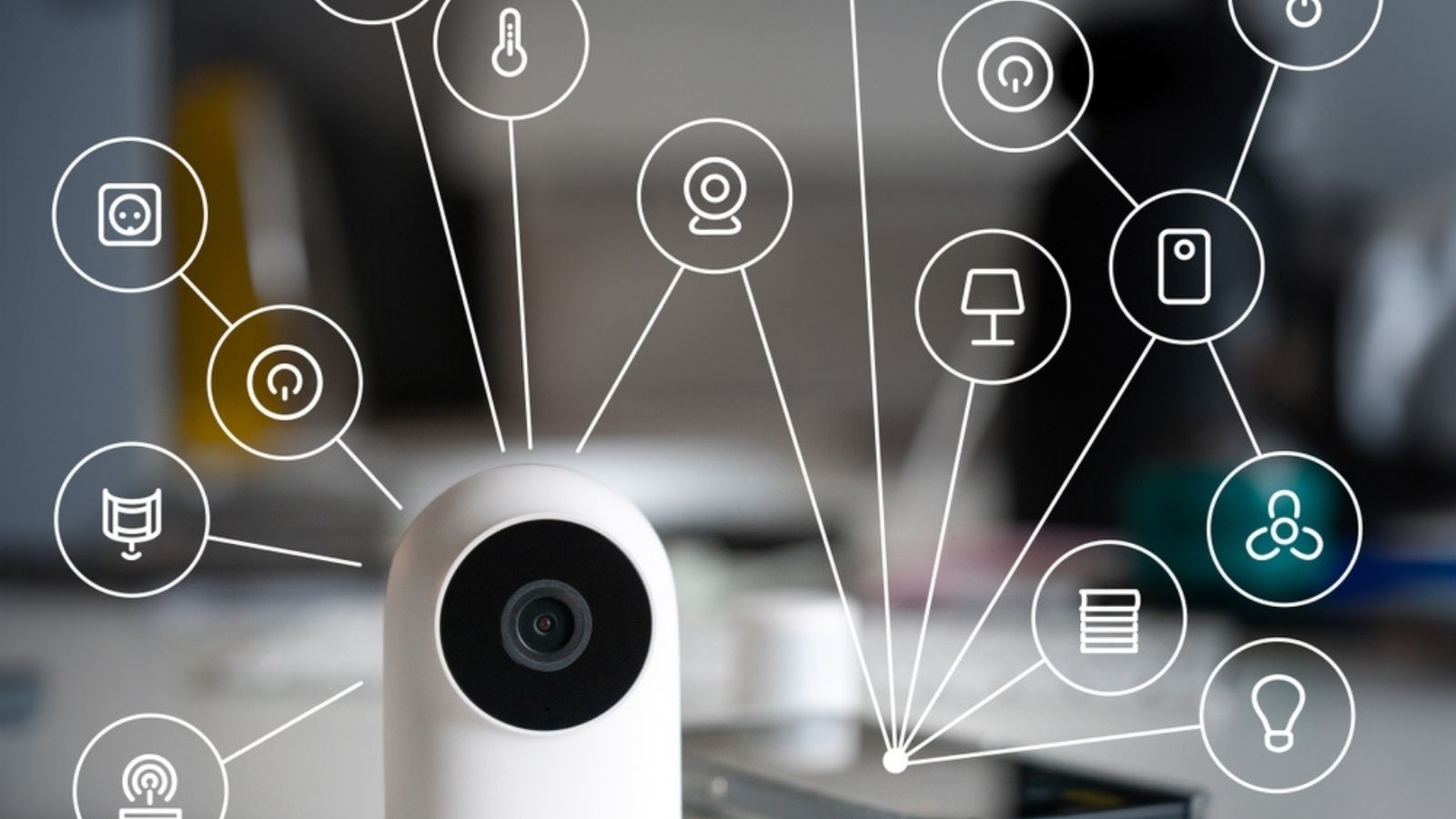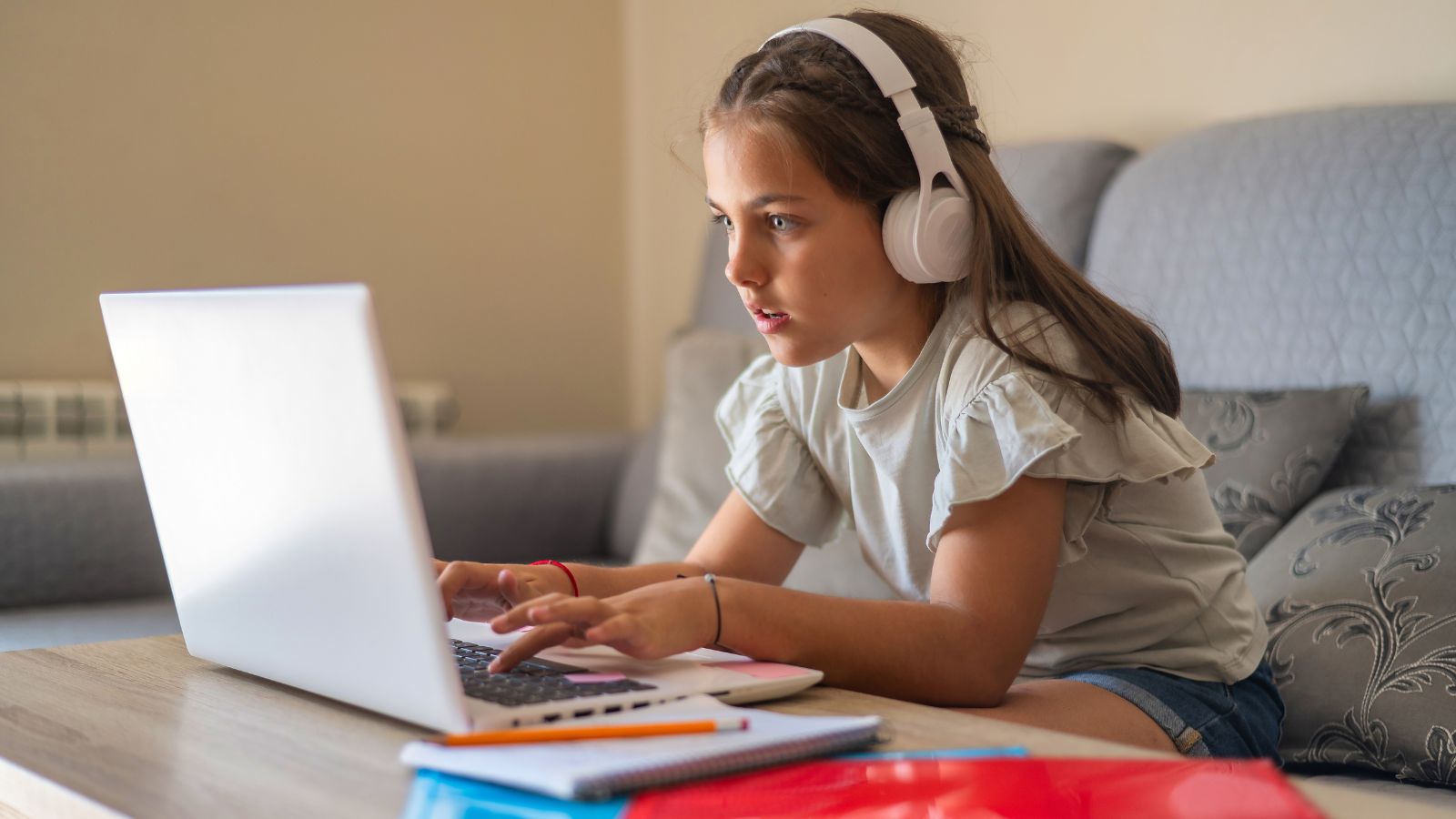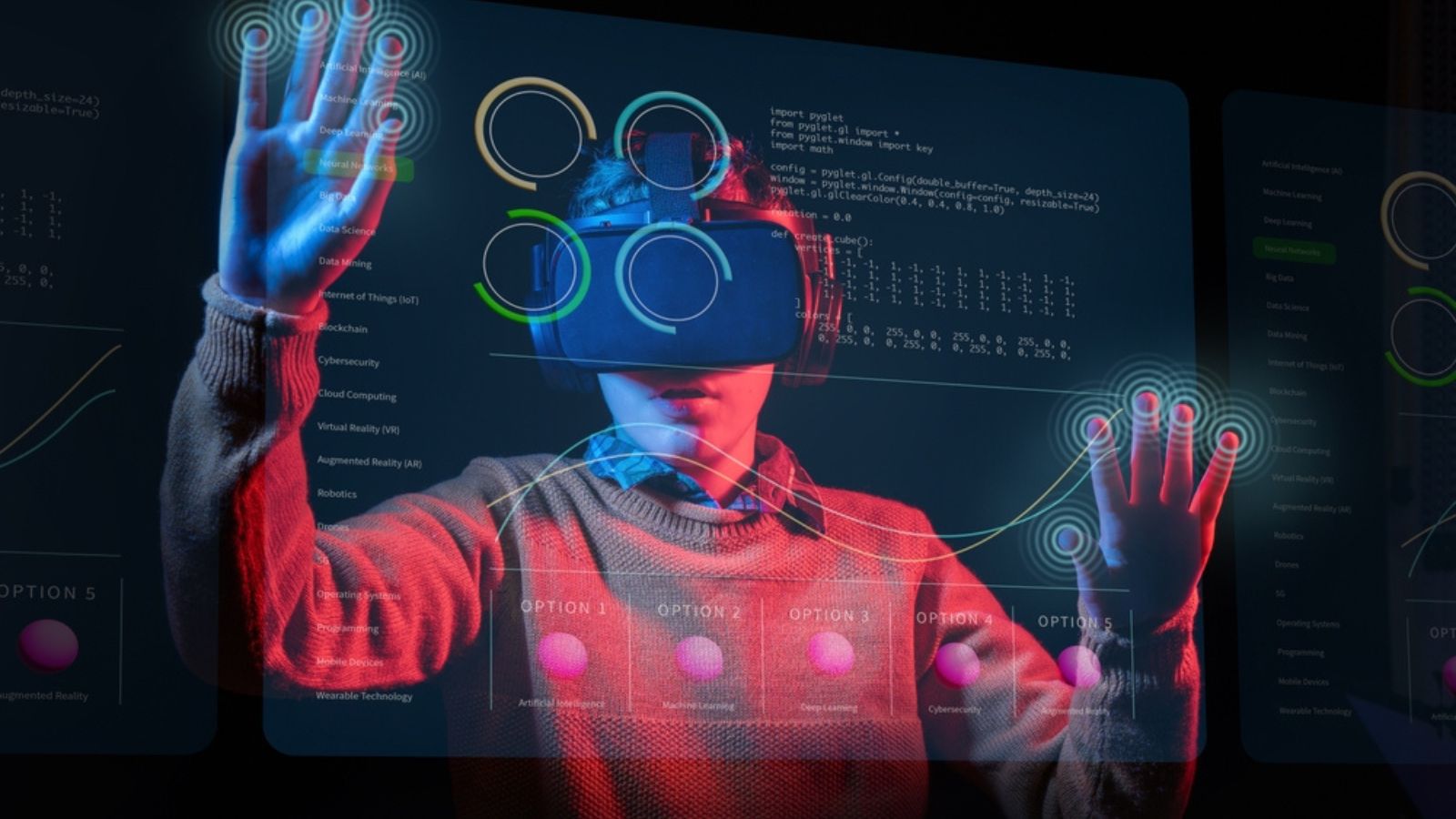Technology has transformed nearly every aspect of our lives, and parenting is no exception. From education to entertainment, children and parents are using devices more than ever, with both positive and negative impacts. We look at 18 shocking ways technology is changing parenting forever:
Smartphones as Parenting Tools

Smartphones have become essential tools for parents, providing instant access to parenting apps, educational resources, and communication platforms. Whether it’s tracking a child’s development, managing schedules, or staying connected with teachers, smartphones have revolutionized the way parents navigate their roles.
Virtual Babysitting

With the advent of video conferencing platforms, virtual babysitting has become a reality. Grandparents, friends, or professional sitters can engage with children through screens, providing supervision and interaction when physical presence isn’t possible.
Digital Surveillance and Monitoring

Parents now have access to a range of digital surveillance tools, from baby monitors that track a child’s every move to GPS-enabled devices that monitor a teenager’s whereabouts. While these technologies offer peace of mind, they also raise concerns about privacy and the potential for over-monitoring.
Online Parenting Communities

Social media and online forums have created vast communities where parents can share advice, seek support, and connect with others facing similar challenges. These digital spaces can be a lifeline, but they also expose parents to conflicting advice and the pressures of social comparison.
The Rise of Educational Apps

Educational apps and games have become a staple in many households, offering children interactive learning experiences. While these tools can enhance cognitive development, they also contribute to increased screen time and the challenge of balancing digital and physical play.
Influence of Social Media on Parenting

Social media platforms have a significant impact on parenting, with influencers and bloggers shaping trends and expectations. Parents are often exposed to idealized versions of family life, leading to unrealistic standards and potential feelings of inadequacy.
AI and Personalized Parenting Advice

Artificial intelligence (AI) is making its way into the parenting world, offering personalized advice based on data input. From sleep training to dietary recommendations, AI-driven platforms provide tailored guidance, but they also raise ethical questions about data privacy and the reliance on technology over instinct.
The Impact of Screen Time on Child Development

The increasing prevalence of screens in children’s lives has sparked debate over the long-term effects on development. Studies suggest that excessive screen time can affect attention spans, social skills and physical health, prompting parents to seek a balance between digital and offline activities.
Virtual Schooling and Homeschooling

The COVID-19 pandemic accelerated the adoption of virtual schooling, a trend that continues to shape education. Parents are now more involved in their children’s learning, navigating the challenges of digital classrooms and the need for self-discipline in a home environment.
Digital Health Records and Telemedicine

Technology has streamlined healthcare for children, with digital health records and telemedicine making it easier for parents to manage appointments, access medical information and consult with healthcare professionals remotely.
Parenting Through Voice Assistants

Voice-activated assistants like Alexa and Google Home have become part of family life, assisting with everything from playing lullabies to setting reminders for homework. While convenient, these devices also introduce concerns about data collection and the impact on children’s understanding of privacy.
Technology and Sleep Patterns

Wearable devices and sleep-tracking apps offer insights into children’s sleep patterns, helping parents address issues like insomnia or irregular sleep schedules. But, the constant monitoring can lead to anxiety and an overemphasis on data-driven parenting.
Digital Addiction and Its Consequences

The addictive nature of digital devices is a growing concern for parents. With children spending more time on screens, issues like gaming addiction, social media dependency and reduced face-to-face interaction are becoming more prevalent.
Cyberbullying and Online Safety

As children spend more time online, the risks of cyberbullying and exposure to inappropriate content increase. Parents must navigate the complexities of online safety, teaching their children about digital citizenship while implementing protective measures.
Parental Control Apps

Parental control apps offer tools to monitor and restrict children’s online activity, from setting screen time limits to blocking specific content. While these apps provide a sense of security, they also raise questions about trust and the balance between supervision and independence.
Virtual Reality (VR) in Parenting

Virtual reality is emerging as a tool for immersive learning experiences and even parenting simulations. VR can help parents prepare for childbirth, practice parenting techniques or expose children to new environments, but it also presents challenges in managing exposure to virtual content.
Evolving Family Dynamics

Technology is reshaping family dynamics, with digital communication tools influencing how families interact. While video calls and messaging apps keep families connected, especially in long-distance situations, they can also lead to reduced face-to-face communication and a sense of disconnection.
The Future of Parenting in the Metaverse

As the concept of the metaverse gains traction, it could redefine parenting in ways we can’t yet fully imagine. Virtual worlds may offer new forms of socialization, education and entertainment for children. However, there’s sure to be challenges in terms of safety, identity and the balance between virtual and real life.
18 Reasons Why People Are Leaving Florida in Masses

Exploring factors that impact the desirability of living in Florida, this list delves into various challenges shaping residents’ experiences. From environmental concerns like rising sea levels to economic factors such as fluctuating job markets, these issues collectively contribute to a nuanced understanding of the state’s appeal.
18 Reasons Why People Are Leaving Florida in Masses
